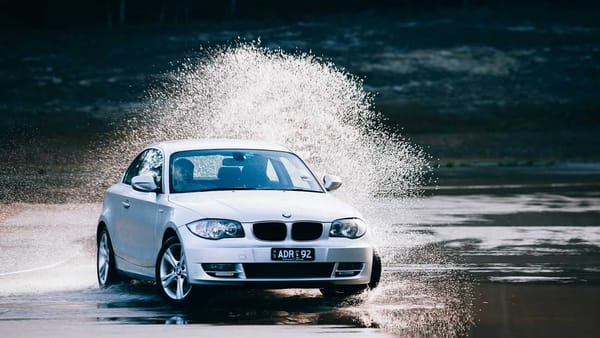BMW engine goes out while driving and cannot be started - how to fix it?
As in any car, the engine is a fundamental part of the drive and its sudden failure can be very dangerous. Find out how to take care...
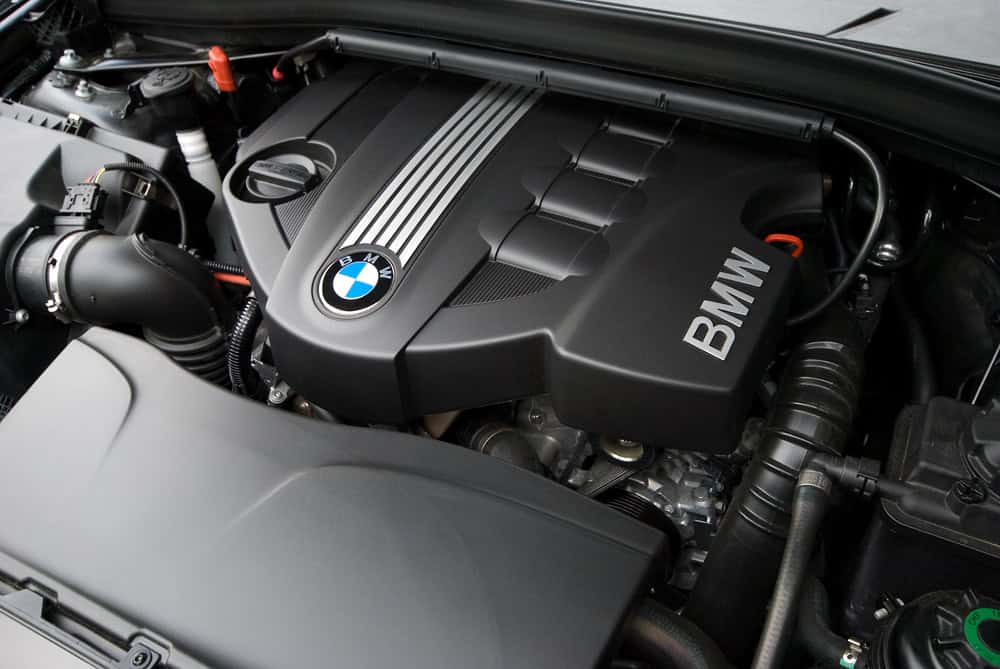
As in any car, the engine is a fundamental part of the drive and its sudden failures can be very dangerous. Learn how to properly take care of your BMW's engine to avoid unwanted driving situations.
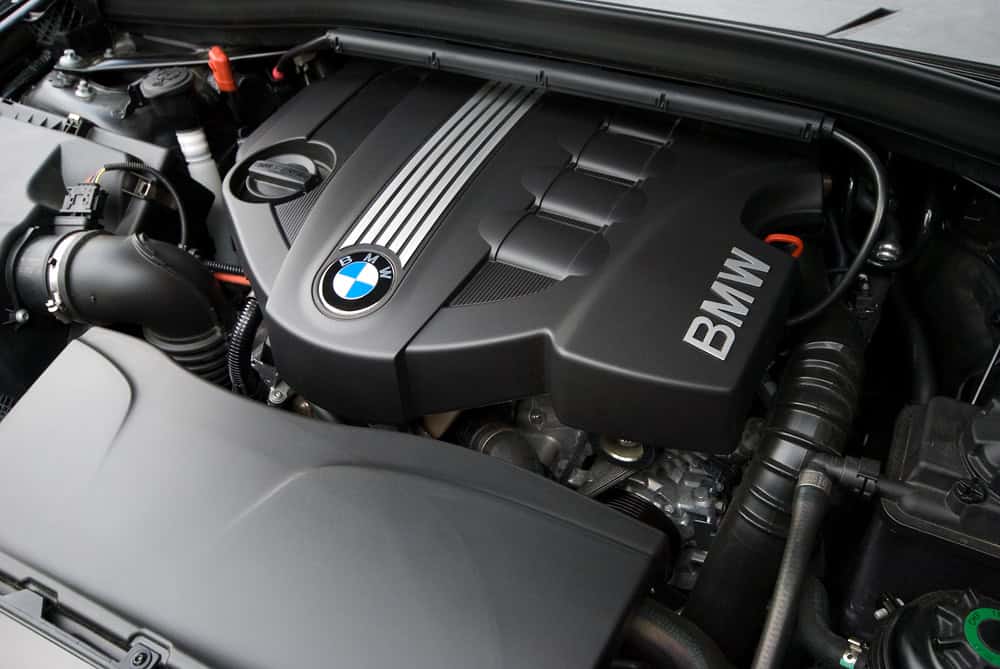
A detailed description of the phenomenon of a fading engine in a BMW
The problem can occur in both cars with automatic transmissions and cars with manual transmissions. While driving, the vehicle jerks, disengages the gear in the automatic transmission to "neutral" and the engine goes out. In the case of a manual transmission, the sudden locking of the engine can cause damage to the entire drive train.
The oil pressure and battery charging lights are then displayed in red, sometimes additional information about the disconnection of the gearbox, the lack of stabilization of the driving track and the need to go to the service center.
In extreme cases, the wheels can become completely locked. If road conditions allow, we should roll the vehicle to the side of the road and then stop. We then make a renewed attempt to start the engine. This is usually not possible.
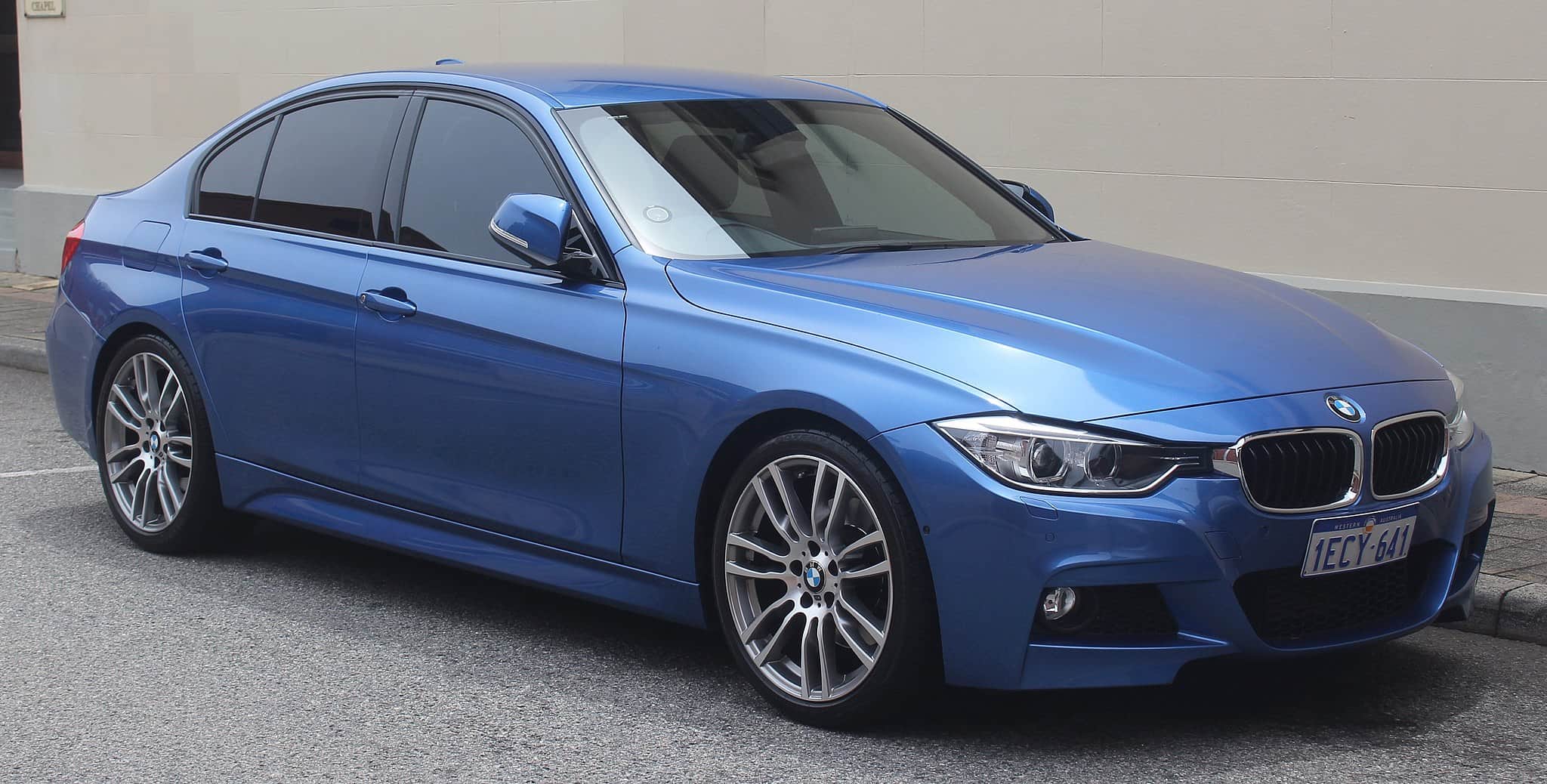
What models of BMW engines most often go out?
The most common problem affects models with 2.0d and 3.0d diesel engines, viz:
- N47
- M47
- N57
- M57
The phenomenon also occurs in models with gasoline engines - especially N20.
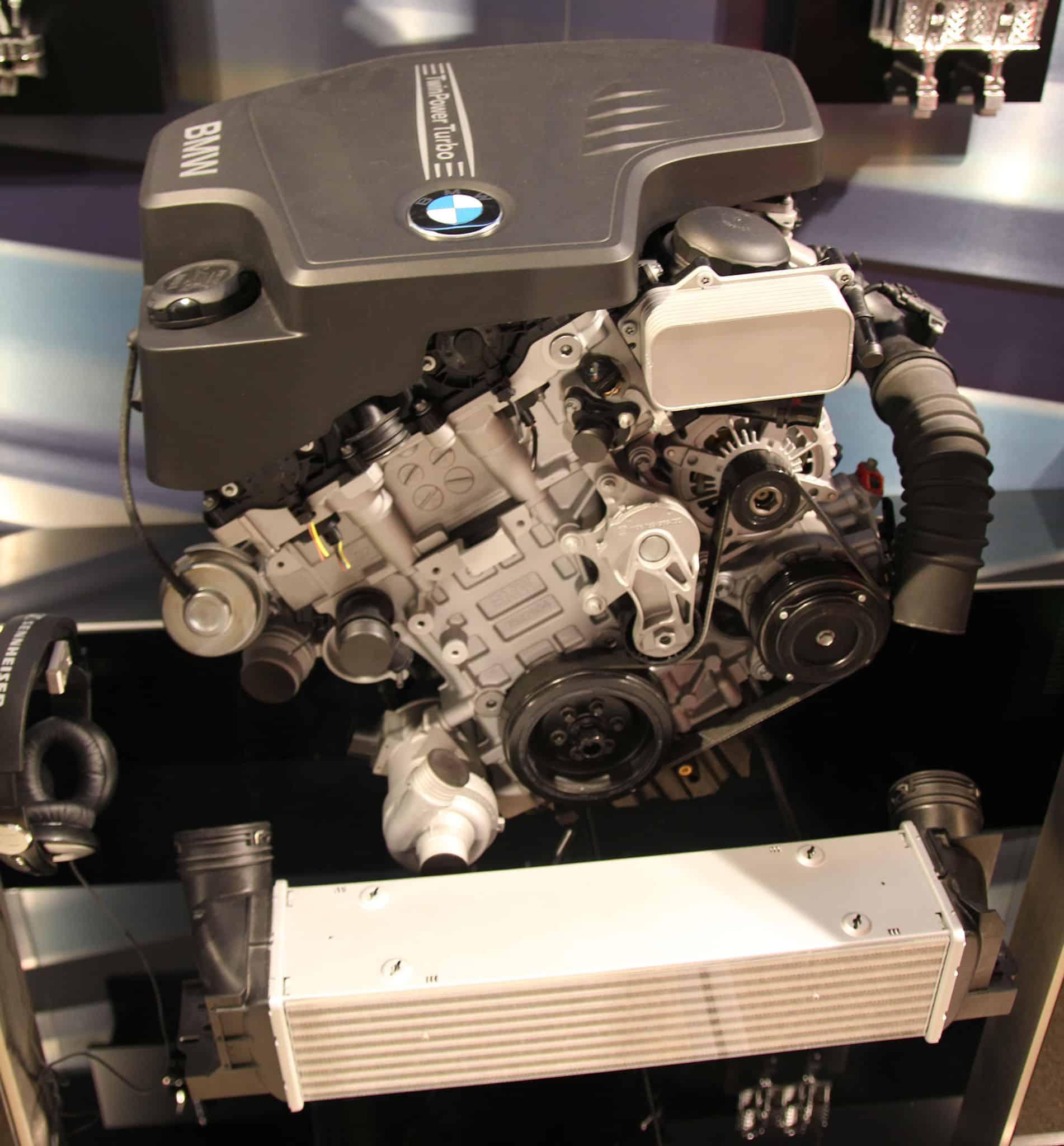
In which BMW series are these engines used?
The aforementioned engines are the most popular engines used in a wide range of BMW models. This includes the series:
- 1
- 3
- 5
- 6
- 7
- X
- Z
Is it dangerous for a BMW engine to stall while driving?
Unexpected traffic situations can always be dangerous. Especially when driving at high speeds. Sudden disconnection of the drivetrain causes additional difficulties to continue driving. These include the limitation of power steering and brakes, and the lack of a traction control system (in winter or rainy conditions). During such an event, full concentration is necessary, then we have a better chance of maintaining control of the vehicle.
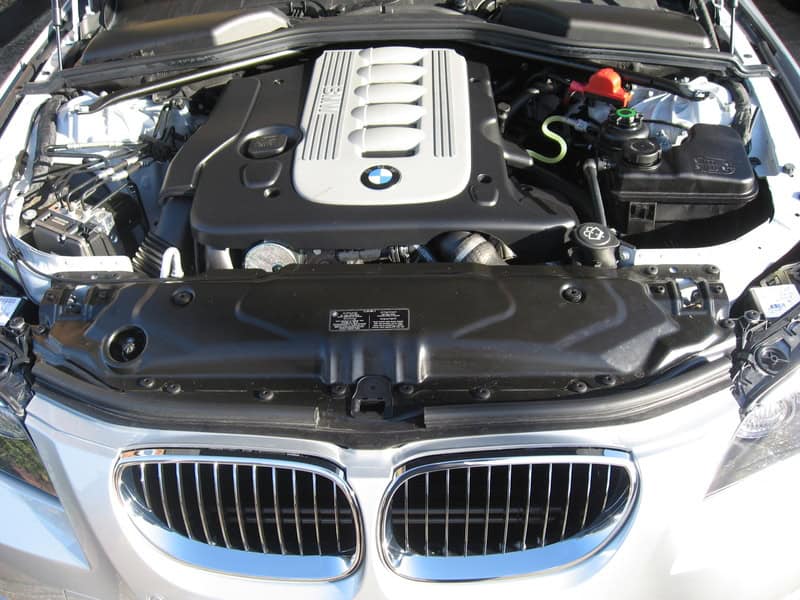
Why is it impossible to restart the BMW engine?
There can be various reasons for such a failure. In the case of diesel engines, the most common is a broken timing chain, resulting in a collision between the pistons and the valves. Damage to the valves, pushrods, sometimes the head prevents the engine from starting, although the engine spins when trying to start. In the case of gasoline engines, a broken timing chain causes the oil pump not to drive and the engine seizes. Engine seizure then occurs.
What repair is required to correct this problem?
In most cases of the damage described above, the only economically reasonable method of repair is to replace the engine. As always, before deciding on such a thorough repair, we recommend performing a full diagnostic. Only after a thorough check of the condition of the engine and drivetrain will we know what repair will be most beneficial.
What methods will help prevent the BMW engine from stalling?
The easiest way to avoid engine failure is to take special care of its operating conditions. We recommend shortening oil service intervals to 10,000 - 15,000 km and using only LL04 standard oils from legal and approved sources.
As a BMW specialist workshop, we offer proper service care. This means that during each oil service we check the condition of the valve train and the cleanliness of the drained oil. We recommend this to every BMW owner. If your current mechanic does not offer this level of service - make an appointment with us.
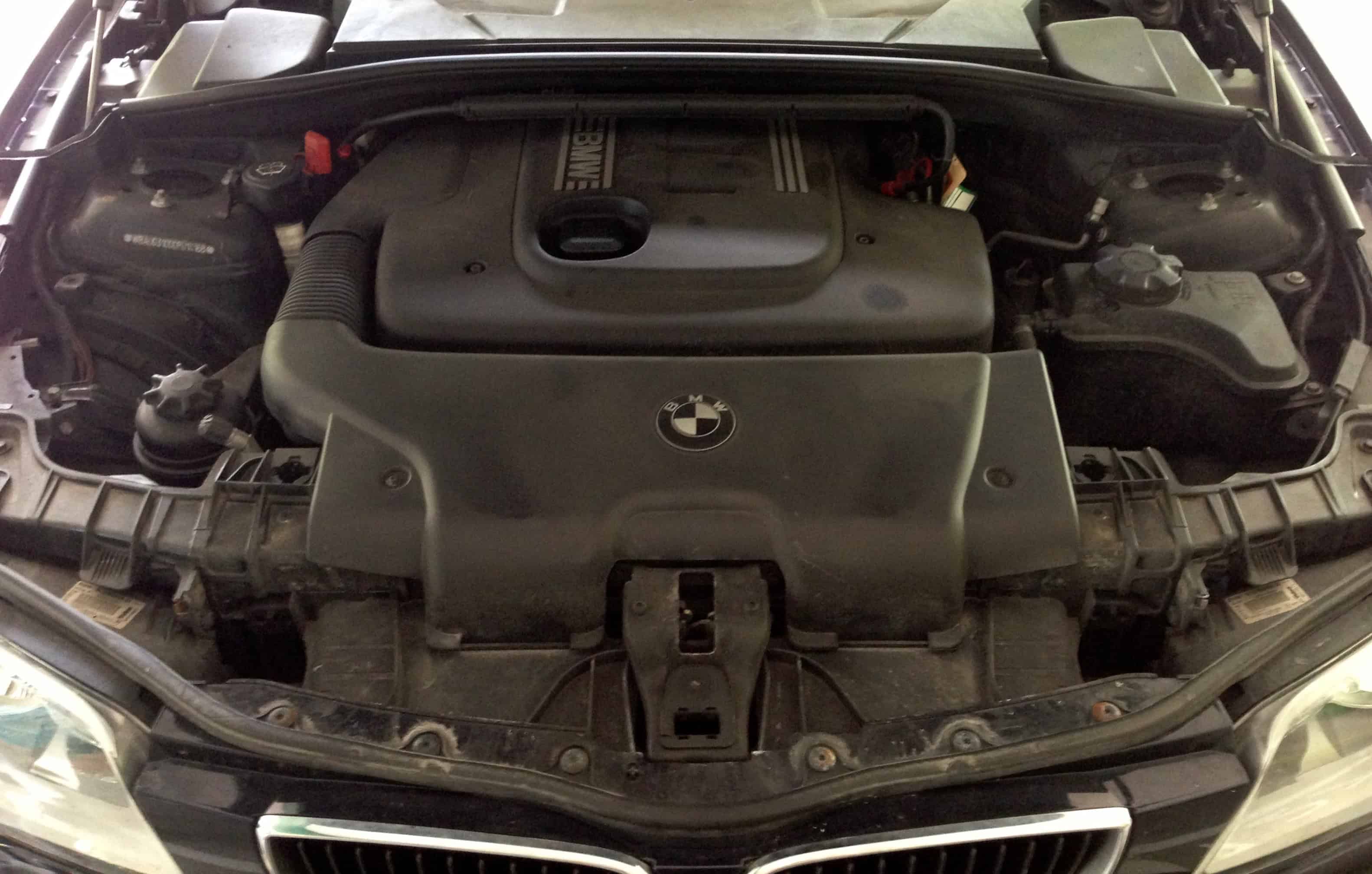
Other articles on related topics
- Steering wheel goes hard and does not return to vertical in BMW - how to fix it?
- How to properly take care of a BMW with automatic transmission and xDrive?
- Is chip tuning in a BMW safe? Modifications and their impact on the operation of the car
- The phenomenon of "limping" BMW - what is the cause and how to fix it?
- Cable harness service action on 12,500 BMW 3s in Poland - am I at risk of fire?



